The risks of the current approach to Greece and the Euro-crisis
Last week, I debated how much more the Greek nation can take given the enormous internal and external pressures on families, society and the nation. When discussing this with my friend and colleague Pavlos Efthymiou, we realised that some important points were missing and have rewritten the article together (also published on ELIAMEP). Mainstream International Relations (IR) thinking (see Realism, Liberalism) holds that the national interest drives states to act the way they do on the international stage. This post-hoc rationalising to explain policy outcomes works successfully enough to be employed by the majority of policy-makers, academics, and analysts to inform their audiences. However, what they are often missing is how such an interest comes about and what it is …
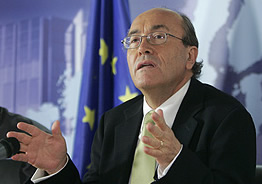
Towards a Two Speed Europe: Is the Inevitable Preferable?
Last week the Centre for International Studies held an excellent discussion panel (shortly to be made into a podcast) with Jean-Claude Piris (author and former Director General of the Legal Service of the Council Secretariat), discussing his new book, Towards a Two Speed Europe. Jean-Claude Piris, who has worked for many years in the highest echelons of European law-making and treaty formulation, is far more qualified than your blogger to evaluate the various implications of a formalisation of the currently observable divergence in paths of the European centre and its periphery. I shall not, therefore, attempt to evaluate his arguments from the point either of a lawyer or a European policymaker. I’m neither. Rather, I write merely as a citizen of …
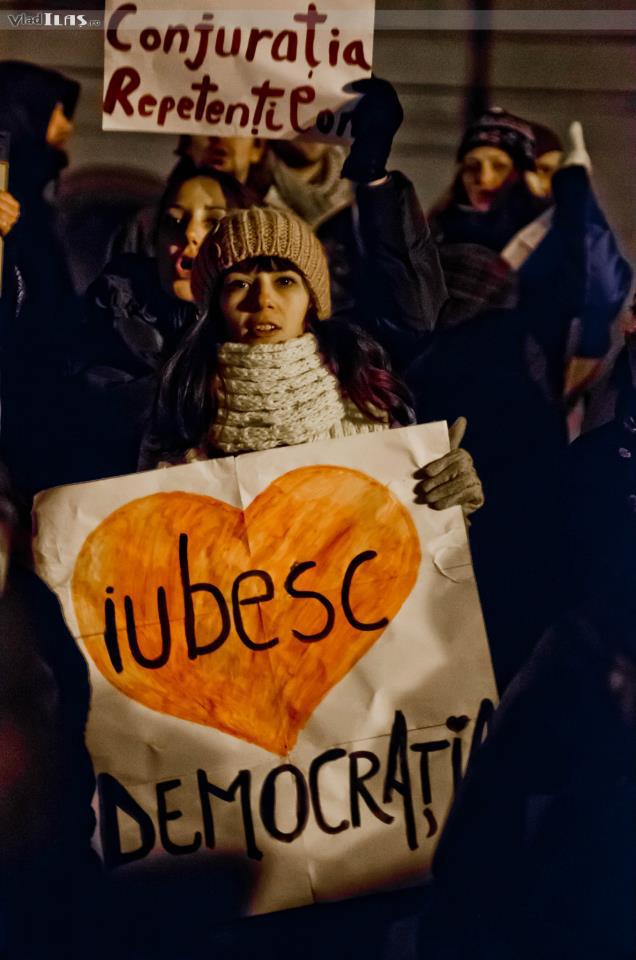
Cyber-statements: Internet protesting and the 2012 Romanian protests
Internet protesting is a concept that has yet to be coined and theoretically conceptualized, even though it exists in practice and has been extensively used during the 2011-2 mass protests that have swept a number of countries in the Arab world in particular and, more recently, Eastern and Southern Europe as well. I will start by, first, providing a starting definition for “internet protesting.” Then, I will apply it to the context of the January-February 2012 Romanian protests. For the purposes of this article, I will argue that “internet protesting” refers to the use of social media, in particular social media websites, such as Facebook and Twitter, to organize and continuously fuel a public manifestation as well as provide a …
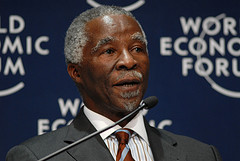
Fighting words: African leaders should be careful to call Western intervention ‘re-colonisation’
The institutions of the United Nations are slaves to the objectives of Western powers, and these powers are determined to make Africa an appendage to the West. Or so Thabo Mbeki claims. Mbeki, the former president of South Africa and the founding chairperson of the African Union, made these comments in a recent speech deploring what he termed the ‘re-colonisation’ of Africa. Mbeki went on to suggest that recent armed interventions in Africa were representative of the West’s willingness to exploit the universal principles of democracy, human rights and good governance to further their material interests. Re-colonisation is an idea that by now suffers from severe intellectual fatigue. The harshness of Mbeki’s terms of reference is reminiscent of the ramblings …
Thinking in old terms: can a structural adjustment programme work in Greece?
Taking a step back from the immediate uncertainty over Greece (see here for the latest updates), I’m struck by how similar the situation is to those created by the old 1980s/1990s IMF and World Bank Structural Adjustment Programmes (SAPs). Reading accounts of the negotiations (especially a story in today’s New York Times about how the Germans, IMF, and ECB don’t trust the Greeks), you could rather easily replace “Greece” with “Nigeria” or “Senegal” and be transported 20 years back in time. We can go down the similarity-list. An urgent need for new official lending to roll over past debts? Tick. Tough loan conditionality attached? Tick. Domestic pushback and questionable democratic legitimacy? Tick. Of course, it’s all playing out more publicly/more quickly …
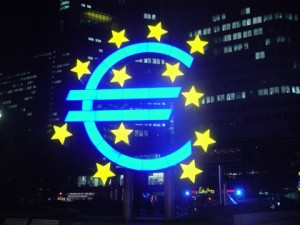
Europe in the Soup: Three Scenarios
In ‘Duck Soup‘ – the 1930s Marx brothers’ film – a powerful rich lady tells the ailing government of Freedonia, she will only bail them out with another loan, if her favourite – Groucho Marx – becomes president: chaos follows. Europe may or may not escape chaos as the euro crisis unfolds. But when asking what sort of European Union will emerge out of the Duck Soup of the crisis, there are no upbeat scenarios. Desperate Politics drives all scenarios The euro crisis has battered the EU’s political dynamics, clout and democratic credentials. The sight of technocrats running the Greek and Italian governments has been criticised as anti-democratic . But Europe’s political failings go beyond this. Neither Angela Merkel nor …

Europe’s political crisis at heart of eurozone meltdown
The first week of November 2011 has been a tipping point; the moment when it belatedly dawned on pundits and politicians alike that the euro crisis at heart is political – and that if it’s politics versus the markets, then politics is losing hands down for now. From outgoing Greek Prime Minister Papandreou’s torpedoing of the G20 by his ‘bolt from the blue’ referendum call, swiftly withdrawn under outraged pressure from the Merkel-Sarkozy tandem, to Italy’s Berlusconi teetering on the edge, then announcing he will resign and abandon his attempts to cling to power, to Sarkozy himself introducing larger than expected ‘austerity’ cuts despite the upcoming presidential election in 2012 – politics is back. But normal EU politics this is …
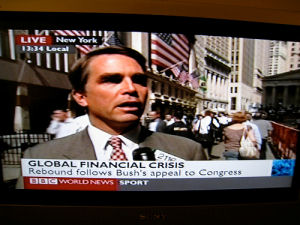
Nation States, Capitalism and the Crisis
Numerous questions pose themselves for political economists about the crisis – enough (never waste a good crisis) to keep PhDs engaged for a generation. But in my view there are two big picture questions which modern comparative political economy needs to answer. One is why the epicentre of the crisis was in Wall Street and the City of London. The other is this: the crisis occurred as a result of failures in the main regulatory frameworks – the financial and the macroeconomic – which govern much of the workings of advanced economies. Why, in sharp contrast to the 1930s, have these frameworks changed little since the crisis? These questions raise major issues for our understanding of modern capitalism and its …









